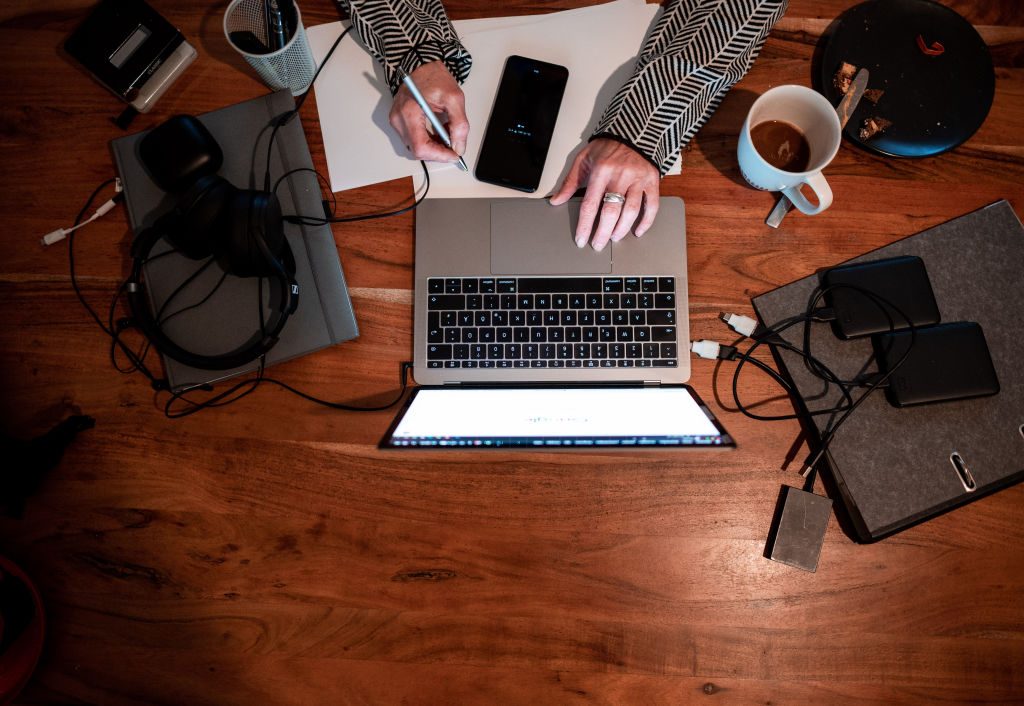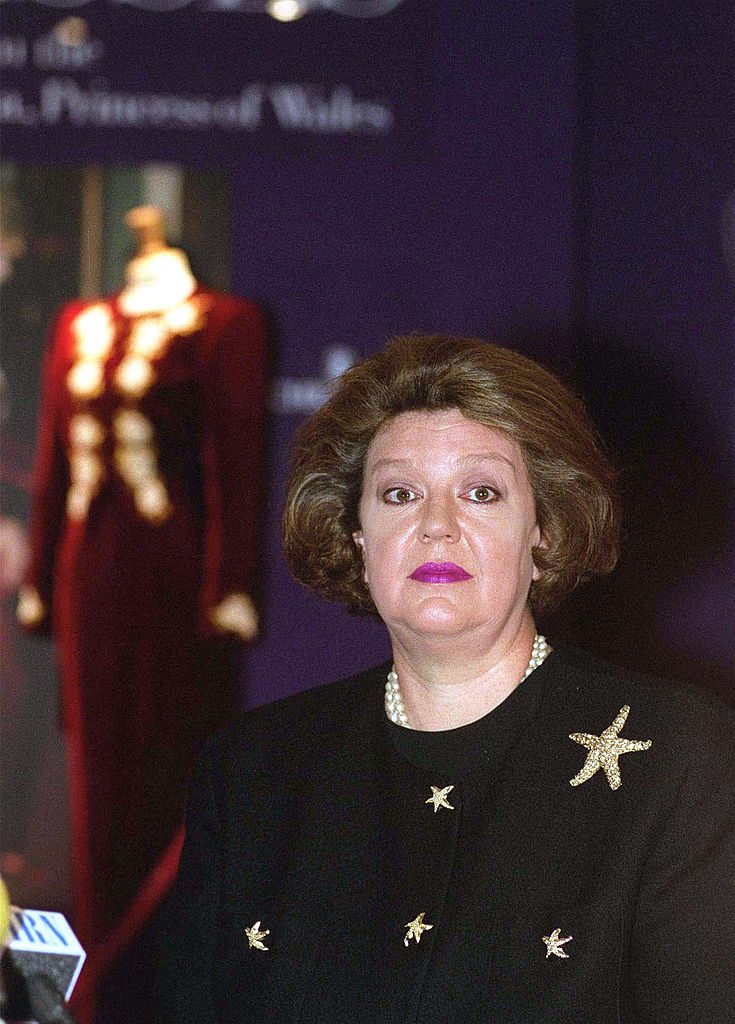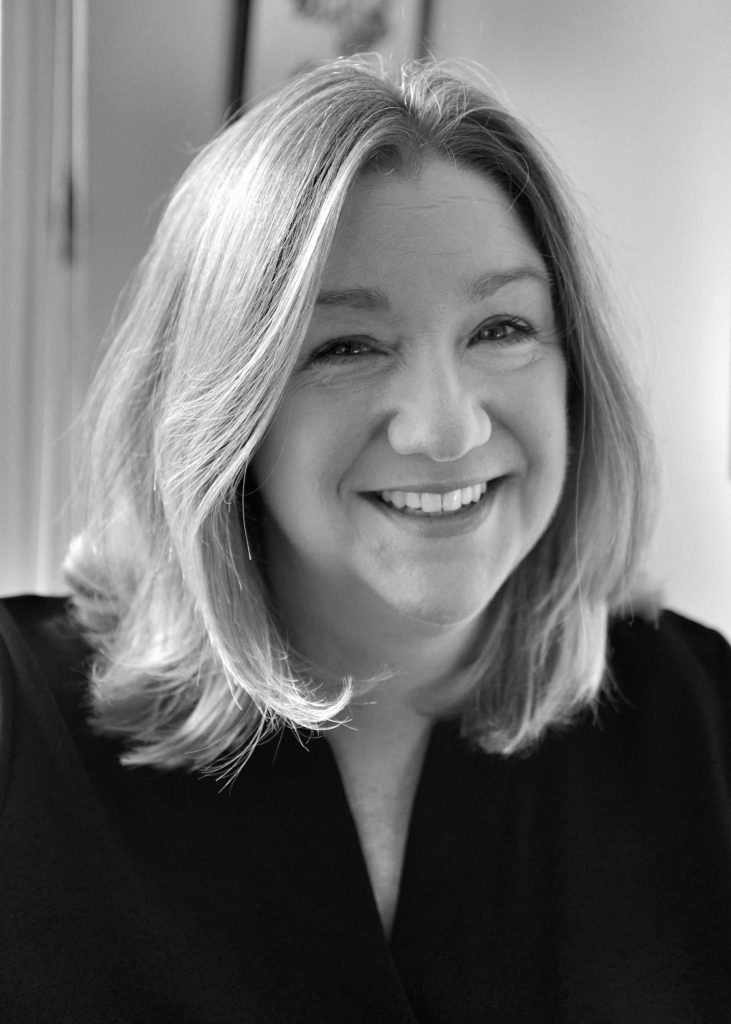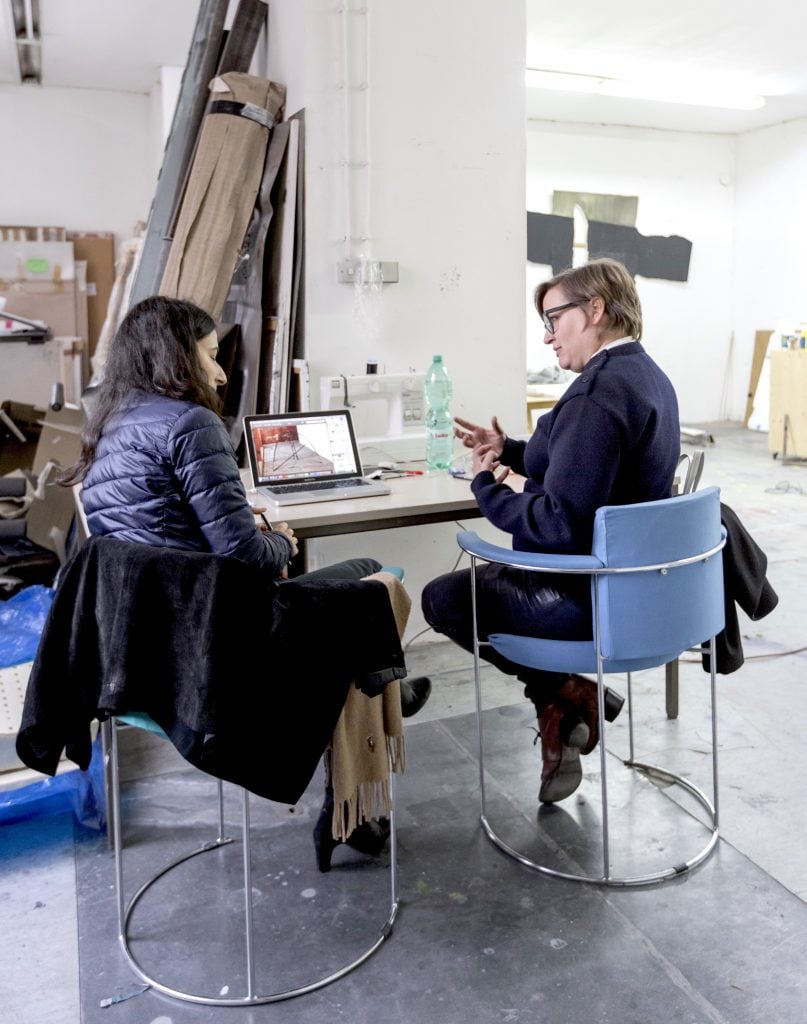Op-Ed
Mentorship Can Help Make the Art Industry Less Opaque and Exclusionary. Here’s How to Make the Relationship Work
Mentorship is vital in the art world, a sector that does not offer linear career paths or transparent information.

Mentorship is vital in the art world, a sector that does not offer linear career paths or transparent information.

Cat Manson

From underneath an enormous, feathered Philip Treacy hat exhaling a stream of cigarette smoke, the late, great Meredith Etherington-Smith, Christie’s first female international board director and chief marketing officer, encouraged me to “think bigger, back yourself… and dress the part.” (Well, she actually said, “Be a little less M and S,” which in today’s world means more suits, less leisurewear.)
Meredith encouraged and helped me as a mentor for over two decades. From supporting my request to transfer to New York in 1998 when no one else in our department had ever done so, to taking me shopping at a vintage store to spruce up my wardrobe (she previously edited Harper’s) when I was appointed as Christie’s global head of communications in 2014, she went above and beyond to help me find my way.
I was lucky—and had also worked out who to ask.

The author’s mentor, Meredith Etherington-Smith, Christie’s former director of marketing. (Photo by Tim Graham Photo Library via Getty Images)
Great mentors are generous but honest; they share hard-won knowledge, challenge restrictive thinking and behavior, and provide support and guidance during testing situations. A more programmatic and collaborative approach to mentoring, development, and support across the art world could be beneficial to progress because unlike medicine or the law, there is no linear path in the art world. Information is not transparent—at times, it is even guarded.
Many of us have only become further isolated from professional support over the past year and a half. From burnout and work-life imbalance, to the visible migration of traditional roles to new ones, plus significant job losses, we have all been affected, some for better and many for worse.
According to the U.S.-based Covid-19 RSFLG Data and Assessment Working Group, an estimated 2.3 million jobs in creative occupations were lost across America between April and July of last year. We also know that women have been hit disproportionately, seeing a 5 percent drop in employment globally across all industries compared to 3.4 percent of men. While hiring has bounced back somewhat since spring 2020, the types of jobs offered have changed and the factors one must weigh when accepting them are more complex than ever.

The author, Cat Manson.
Yet disruption can also bring great opportunity.
As many employees continue to work from home, operations that used to be analogue have shifted online and new roles have been created (Sotheby’s, for example, is currently hiring a metaverse coordinator). Arts and cultural organizations have a chance to rethink best practices, change the way they do things, and ideally provide more support for those looking to advance than they have in the past.
Many encouraging conversations have taken place around progression, but more can and needs to be done. Better inclusion is vital to broaden and retain a strong talent base. This can also be a moment to encourage a kinder, more supportive industry.
To achieve that wider pool of talent and welcome new audiences, it is vital that we confront the highly fragmented nature of the landscape where access to information is difficult to come by and career navigation at nearly all stages is tough. As Socrates advised, “The secret of change is to focus all of your energy not on fighting the old, but on building the new.”
That’s why, last year, after leaving Christie’s after 25 years, Caroline Sayan, a former colleague, and I established Art Market Mentors. Entirely voluntary, the program aims to provide advice and support to those who lack access or whose careers are undergoing significant change because of redundancy or other shifts. In 2020,120 global executives volunteered time to the 1/1 mentoring program and more than 5,000 people engaged with group mentoring talks and the successful Artnet Talk series.
This is just a small step.
Now is a perfect moment to encourage mentoring as an active part of professional life. Digital connection has never been easier. While many large organizations run internal mentoring programs, those who work for smaller companies can still mentor by signaling interest on LinkedIn, messaging relevant departments at a local college, and finding or creating programs like ours. One-on-one connections can’t dismantle systemic biases and barriers that have kept many out of the art trade, but they can be transformative for those on both sides of the exchange.

Berlin Program for Artists alumna Sofia Duchovny with mentor Angela Bulloch.
An amazing group of global leaders have volunteered as mentors in 2022, including auctioneers, lawyers, marketing professionals, art-fair directors, art-finance experts, and more. (Our cohort includes Sotheby’s executive Lisa Dennison, art lawyer Martin Wilson, and Frieze board director Victoria Siddall.) A group of “reverse” mentors will also be available to support those looking for a fresh perspective at a different stage in their careers.
I will always be grateful to the generosity of Meredith and many others, including the reverse mentor who told me to stop being so distracted in meetings—you know who you are! In return, I have mentored for over 20 years, inside and outside the industry. Do as you would be done by.
Cat Manson is an independent communications advisor, qualified executive coach, art history tutor, and mother to two teenagers. Applications for Art Market Mentors are open through December 31 for the 2022 program, which runs from January to March. Follow us on @artmarketmentors on Instagram.
To volunteer as a Mentor: please contact [email protected] putting MENTOR in the subject line with a summary of your career.
If you can spare three hours over three months, we will support you with a framework and introduction to your mentee. We may not utilize all mentors as we are capping the program at 100 partnerships, but your details will be kept on file for bespoke requests or group mentoring sessions.
To apply to be a Mentees: please contact [email protected] putting MENTEE in the subject line with a CV, short summary of goals, and a reference.
We will match over the holidays and aim to have partnerships allocated and group mentoring sessions scheduled by mid-January.